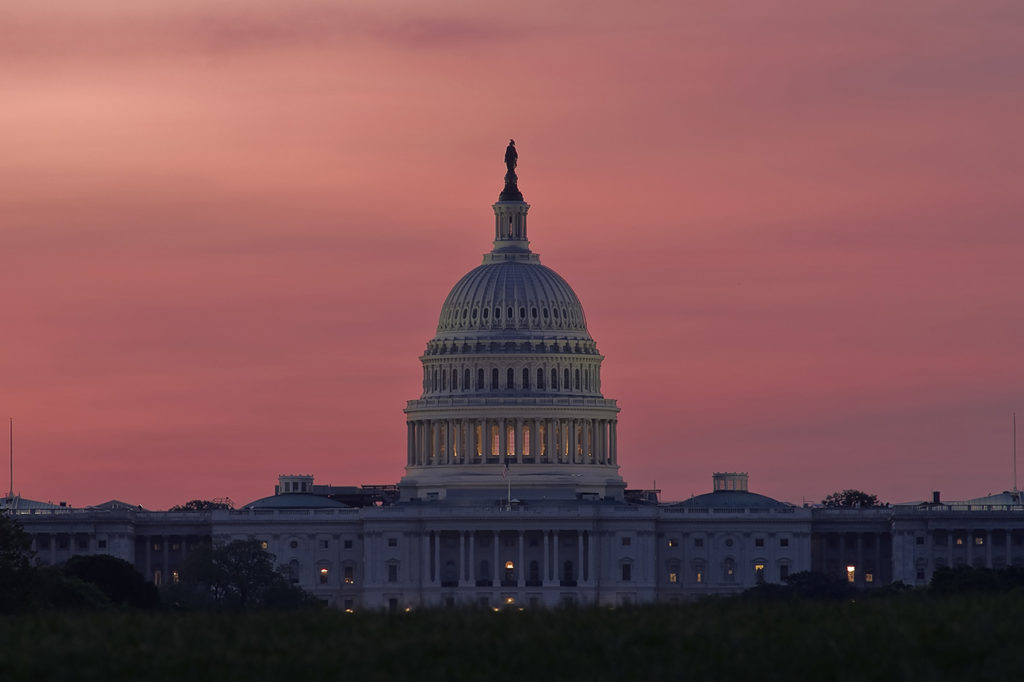
NRECA is urging Congress to approve an additional $10 billion in emergency assistance to low-income Americans struggling to pay their electric bills during the COVID-19 pandemic.
“Now more than ever, it is critical to provide a safety net for our most vulnerable American families,” NRECA and six other energy groups wrote in a Feb. 4 letter to leaders of the House and Senate Appropriations Subcommittees on Labor, Health and Human Services, Education, and Related Agencies.
The letter asks for the additional money to be added to the Low-Income Home Energy Assistance Program, which provides help with home heating and cooling for low-income households, including elderly and disabled people and families with young children.
Even before the pandemic hit, LIHEAP was unable to keep up with demand from eligible citizens, NRECA and the other associations said.
“Now the situation is substantially more dire,” they wrote. “Recent economic reports show more than 10.7 million Americans are unemployed…Meanwhile, millions of impoverished and working poor families are falling further behind on their gas and electric utility bills.”
Congress last year approved an additional $900 million in LIHEAP funding as part of the CARES Act in an earlier round of COVID-19 relief legislation. But the pandemic has worsened since then, “and CARES Act funding has only covered a small fraction of low-income households needing support,” the letter says.
Electric cooperatives and other utilities have, in many cases, voluntarily instituted moratoriums to prevent disconnecting people who have been unable to pay their bills. They also have helped utility customers and co-op consumer-members by working out payment plans to spread out debt over more months.
“However, while moratoriums may help customers manage their short-term financial condition, they are not a policy solution,” the letter says. “All they do is push utility debt into the future, leaving low-income customers a higher, perhaps unmanageable, bill.”
Utilities are facing about $30 billion in overdue bills from consumers because of the pandemic, according to the National Energy Assistance Directors Association.
“Providing an additional $10 billion in supplemental LIHEAP funding in an upcoming COVID relief bill will only put a dent in America’s energy poverty problem,” the letter says. “However, with additional funding, the program can expand utility bill payment assistance to millions more Americans experiencing unemployment and other economic hardship in the coming months.”
In addition to NRECA, groups signing the letter were: American Gas Association, American Public Gas Association, American Public Power Association, Edison Electric Institute, National Energy & Fuels Institute and National Propane Gas Association.
Erin Kelly is a staff writer at NRECA.